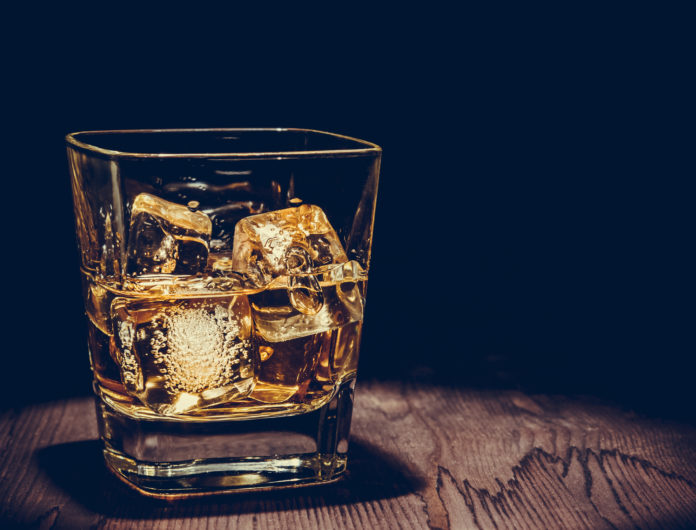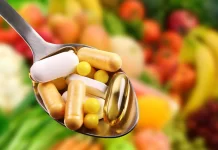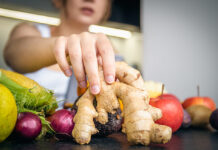
For those who enjoy it, drinking alcohol can be a way to relax and socialize. Over the years, research has highlighted a few health benefits associated with “moderate drinking”, meaning 1 serving of alcohol for women and 2 for men per day.
In a review published in March, 2014[1], lead researcher Dr. James O’Keefe, MD noted light habitual drinking is associated with lower risks for death from all illnesses, as well as reduced risks of developing diabetes mellitus, heart disease, and stroke.
However, the same article also identified the risks associated with higher alcohol intakes:
- hypertension
- cardiomyopathy
- atrial fibrillation
- stroke (ischemic and hemorrhagic)
It appears that where these leading causes of death are concerned, “the dose makes the poison”, meaning some alcohol could help, but too much could harm.
What about another leading cause, cancer?
In contrast to studies on other diseases, no research can be found demonstrating protective benefits of alcohol for cancer, although it does appear that the dose again makes it poison for breast, prostate, colorectal, oral, throat, esophageal and liver cancers[2].
With respect to breast cancer specifically, the Nurses’ Health Study has followed nearly 122,000 nurses from 1976 when the study began, requiring that every two years questionnaires be completed, including questions assessing risk factors for cancer among other health conditions. The study has found alcohol has been a risk factor for breast cancer, in a dose-dependent fashion, including consumption patterns involving binge drinking, drinking early in life, but not later or vice versa[3]. This means any kind of exposure to alcohol increased breast cancer risk, but the increases were greater for those who drank the most.
An analysis of pooled data from 8 studies involving nearly 500,000 people found that having more than 2 drinks per day increased the risk of developing cancer of the colon and/or rectum by 16% up to 72%[4], where again the risk was highest for those with the highest intakes.
The take-home message could not be clearer: if your personal risk of developing cancer concerns you, drink responsibly and in moderation.
___
[1] O’Keefe, James H., et al. “Alcohol and Cardiovascular Health: The Dose Makes the Poison… or the Remedy.” Mayo Clinic Proceedings. Vol. 89. No. 3. Elsevier, 2014.
[2] Cao, Yin, and Edward L. Giovannucci. “Alcohol as a risk factor for cancer.” Seminars in oncology nursing. Vol. 32. No. 3. WB Saunders, 2016.
[3] Chen, Wendy Y., et al. “Moderate alcohol consumption during adult life, drinking patterns, and breast cancer risk.” Jama 306.17 (2011): 1884-1890.
[4] Cho, Eunyoung, et al. “Alcohol intake and colorectal cancer: a pooled analysis of 8 cohort studies.” Annals of internal medicine 140.8 (2004): 603-613.











